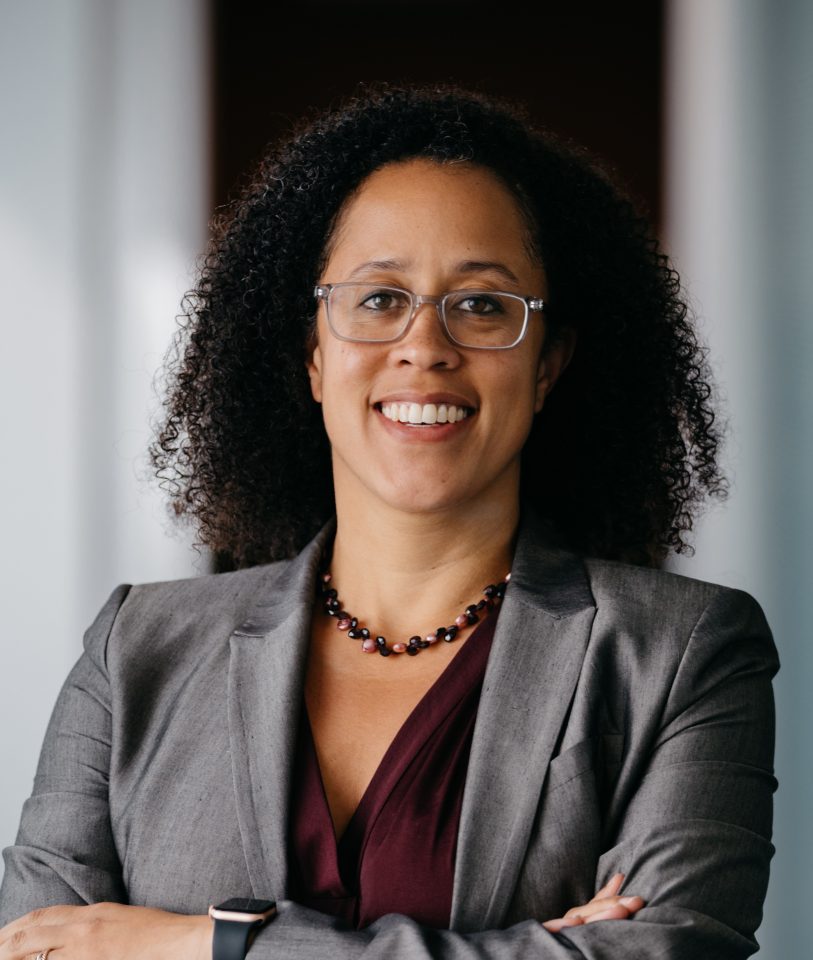
Dr. Kameron Matthews is the chief health officer of Cityblock Health, which is based in Brooklyn, New York. Cityblock Health is a health care provider catering to the integration of medical, behavioral and social services for Medicaid and dually eligible and low-income beneficiaries. Matthews is a board-certified physician who has also led transformational efforts for veterans.
What does it mean to be value-based?
The traditional health care system is typically structured with a model called “fee for service,” which is just like how you would go into a mall or a store online and purchase a product or a service for a fee. If you think about it, however, our health care shouldn’t be incentivized based on these needs. Also, it shouldn’t be incentivized to create more need to keep the doors open. For instance, for a hospital operating on fee-for-service, that means you want people in your beds, right? You want people to be admitted to the hospital, which means they’re sick, which means they have concerns that don’t keep them at home. That’s not the right incentive model for health care. We want to keep people away from the doctor, we want to keep people out of the hospital. Yet, our fee for service model does not incentivize that. The value-based system is more so what we call a capitated system. Unfortunately, that still gets associated with what happened in the 80s and 90s with those HMO programs. There’s a distinct difference now, but basically I get paid to take care of a whole person. I actually am paid to keep them out of the hospital and provide those preventive services in a holistic manner. I can take care of more than just what I can bill an insurance company for.
How did you come into purpose?
My first job out of residency, after I became a board-certified family physician, was at Cook County Jail. In 2016 in California, I was the lead doctor for division 11, taking care of minimum and medium security, mainly gentlemen, but I did occasionally help in the women’s divisions. I also took shifts in the emergency room. That was the most meaningful experience that I’ve had in health care, to be honest. To me, it is most fulfilling to be able to take care of a population of people that are purposefully and legally discriminated against and to take care of a group of people that we are allowed to completely marginalize and society actually promotes that. It is just the epitome of what it is to help a person. I got to learn a lot more about mental health and substance use disorder in there.
















